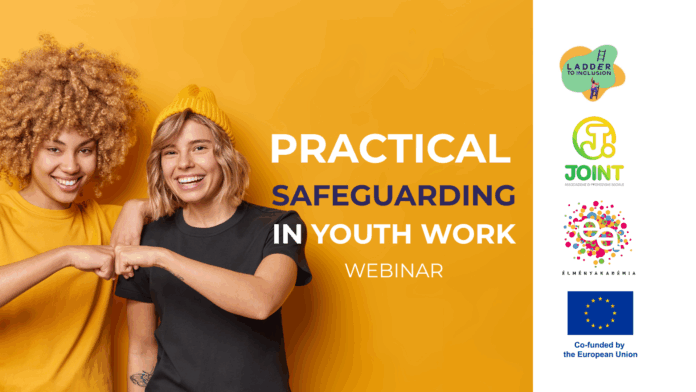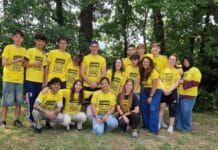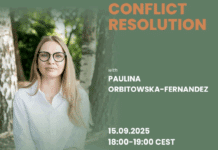A European Webinar on Safeguarding
How can youth organisations ensure that international projects are not only enriching, but also safe and inclusive for all participants? This question will be at the heart of a free webinar taking place on 7 October 2025, aimed at youth workers, trainers, mentors, and project coordinators from across Europe.
Over two hours, the online training will introduce participants to the foundations of safeguarding and explore how these principles can be applied in everyday practice. The programme includes discussions on what “violence” means in the context of youth work, techniques to assess and reduce risks, and practical case studies highlighting how to react in unsafe situations.
Small-group sessions will also allow for peer-to-peer learning, giving participants the chance to share their experiences and approaches. Another key component will be guidance on how to design or strengthen a Child Safeguarding Policy (CSP) within organisations.
Safeguarding as a Culture of Care
The organisers stress that safeguarding is not just a checklist: it is a culture of care. Creating safe learning environments means building trust and inclusion so that young people—particularly those with fewer opportunities—can fully benefit from mobility experiences such as Erasmus+ or the European Solidarity Corps.
Who Should Attend
This webinar is open to everyone involved in international youth projects: youth workers, trainers, youth leaders, mentors, coaches, and project managers. It is especially useful for organisations running Erasmus+ and ESC activities or supporting young people from vulnerable backgrounds.
Key Information
Date & Time: 7 October 2025, 11:00–13:00 CET
Format: Online via Zoom (link shared with registered participants)
Language: English
Cost: Free of charge
Deadline to register: 5 October 2025
About the Project
The training is organised within the framework of LADDER to Inclusion, an EU-funded initiative that promotes access to international mobility and non-formal education for vulnerable young people. The project is delivered in partnership by: Élményakadémia Egyesület (Hungary), Associazione Joint Milano (Italy), MARTA (Latvia), and Asociación Las Niñas del Tul (Spain)










